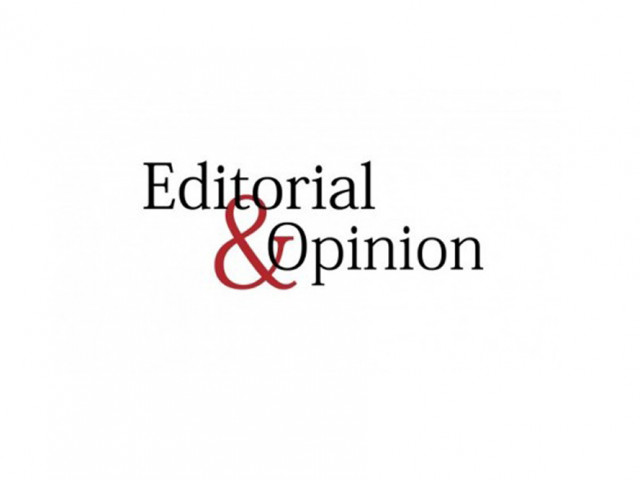Aid cut and impact
There is need for the stakeholders to work towards this end.

The recent cuts to US-backed foreign aid are feared to have devastating impacts on global health, particularly regarding the HIV/AIDS work done so far. In an extremely worrying proposition, UNAIDS Executive Director Winnie Byanyima has said the funding cuts could undo all the incredible progress humanity has made tackling AIDS, estimating that it could translate into 2,000 new HIV infections every day. It is also estimated that about 6.3 million people around the world will die of AIDS-related causes in the next four years if alternate funding is not secured.
USAID, which has now been subject to Trump's cost-cutting agenda, has also played a crucial role in Pakistan's social sector. An approximate budget of $2.5 billion in USAID funding between 2010 and 2023 has significantly supported healthcare, humanitarian, education, infrastructural and economic programmes in the country. But the funding freeze now particularly risks over 210,000 lives of individuals living with HIV/AIDS in Pakistan, instigating a severe public health crisis.
As an example in the context, the Sindh Rural Support Organization, a not-for-profit company working for poverty alleviation in Pakistan, is forced to shut down all three of its US-sponsored health initiatives after aid cessation. This is merely three of 60 US-funded health facilities having suffered closure in the country.
In 2024, an HIV-prevention drug, lenacapavir, tested to be 100% effective, was declared 'breakthrough of the year' by leading scientists. Its administration of a single injection per year made it affordable for low-income countries such as Pakistan, but funding cuts have marginally disrupted what was supposed to be the virtual elimination of HIV in the global South as well as the rest of the world.
However, despite grave ramifications on public health, many view the crisis as a wake-up call for Pakistan, calling it an opportunity for the country to reallocate its resources, reshape its priorities and be incentivised to move towards self-sufficiency. There is need for the stakeholders to work towards this end.















COMMENTS
Comments are moderated and generally will be posted if they are on-topic and not abusive.
For more information, please see our Comments FAQ